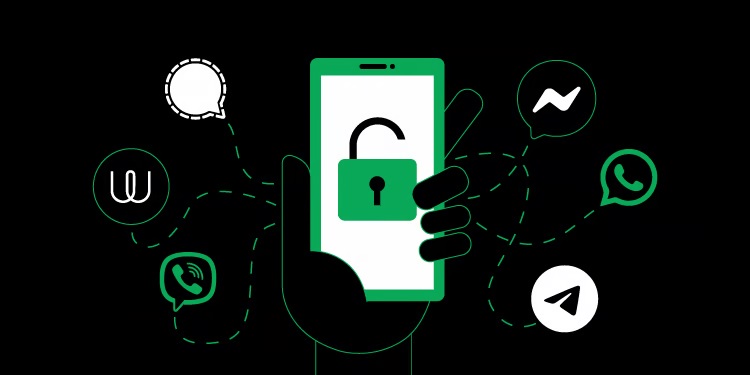Digital lives are constantly threatened, so it’s essential to prioritize data privacy and security. With the rise of cybercrimes and data breaches, it is crucial to re-evaluate the security of our online messaging platforms. This is where private notes come into play, offering a more secure alternative to regular messaging apps. Regular messaging apps are a convenient way to stay connected with friends, family, and colleagues. However, as our reliance on these platforms increases, so does the risk of exposing our sensitive information to potential threats.
Data privacy
Regular messaging apps collect and store your data, including message content, metadata (such as timestamps and location), and contact lists. This data is used for targeted advertising or sold to third parties. Sometimes, this data may need to be adequately protected, leaving it vulnerable to hackers or unauthorized access.
Centralized servers
Most regular messaging apps rely on centralized servers to store and transmit messages. This centralization creates a single point of failure, an attractive target for hackers. If an attacker gains access to these servers, they access a vast amount of user data.
Limited control over data
Users often have limited control over their data when using regular messaging apps. This includes the inability to delete messages permanently from another person’s device or revoke access to shared content. This lack of control leads to sensitive information being exposed or misused.
Decentralized and peer-to-peer
Private note applications often utilize a decentralized infrastructure, eliminating the need for centralized servers. This peer-to-peer approach ensures that messages are transmitted directly between devices, reducing the risk of data exposure on intermediary servers his comment is here.
User control and data retention
With private notes, users have greater control over their data. Features such as self-destructing messages, remote data wiping, and the ability to revoke access to shared content ensure that users manage the lifespan of their messages and protect sensitive information. Additionally, private note applications often allow users to set data retention policies, allowing them to decide how long their messages are stored.
Secure backup and sync
While private notes prioritize local storage to enhance security, some applications offer secure cloud backup and sync options. This ensures users access their messages across multiple devices without compromising privacy. The backup data is also encrypted end-to-end, maintaining the same level of security as the local messages.
Personal and sensitive information
Whether it’s sharing financial details, personal documents, or intimate conversations, private notes provide the necessary security to protect your sensitive information. The end-to-end encryption and additional security features of your data remain confidential.
Business and professional use
Private notes are ideal for businesses and professionals who handle confidential information. Companies adopt private note applications to protect their trade secrets, intellectual property, and client data. The secure nature of private notes also fosters trust and confidence among clients and partners.
Private notes offer a safe and secure platform for online communities and groups to discuss sensitive topics or share personal experiences. It allows members to express themselves freely without worrying about data leaks or privacy breaches.




